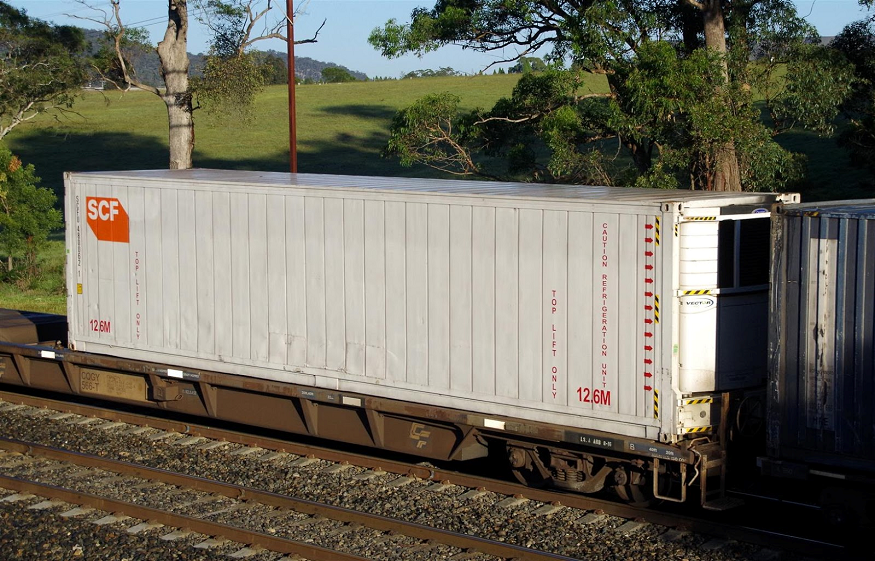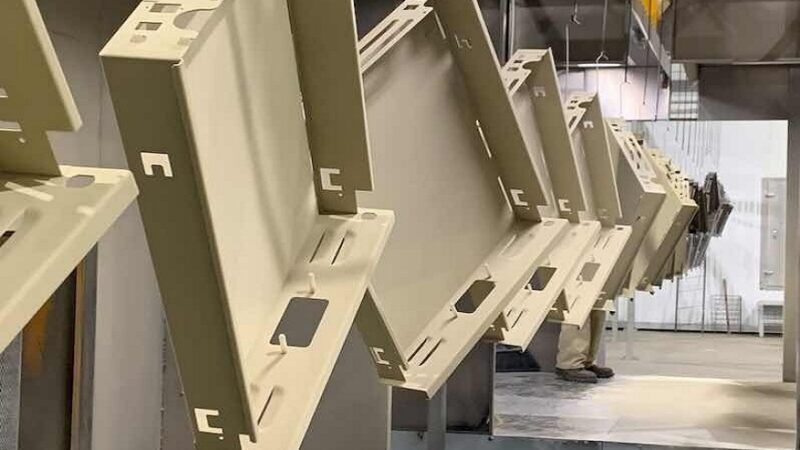Importance Of Logistics In Shipping Container Delivery And Installation

Shipping containers have become an increasingly popular form of portable and cost-effective storage solutions. Their versatility and durability make them ideal for a range of industries, from agriculture to retail, and for a variety of purposes, such as temporary storage, transportation of goods, and even as pop-up shops and homes. But with the increasing demand for shipping containers, comes the need for efficient and effective logistics in their delivery and installation. This article will examine the crucial role of logistics in ensuring that SCF 40ft shipping containers are delivered and installed on time, within budget, and to the desired specifications.
Logistics plays a critical role in the delivery and installation of shipping containers because it covers the entire process from start to finish. The logistics process begins with the transport of the empty containers from the manufacturer to the port, where they are loaded onto ships and transported to the final destination. Upon arrival, the containers must be unloaded, either by crane or forklift, and transported to the site where they will be installed.
Once the containers arrive at the installation site, logistics takes on an even greater importance. The containers must be placed in their final position and secured to the ground, ensuring that they are stable and secure, and will not move or tip over. This requires expert knowledge of the site conditions, including the soil type and the local weather patterns, as well as the proper tools and equipment to secure the containers.
Another key aspect of logistics in shipping container delivery and installation is the coordination of the various stakeholders involved in the process. This includes the shipping company, the port authorities, the transport providers, the installation crew, and the customer. Good communication and coordination between these stakeholders is essential to ensure that the containers are delivered and installed on time and to the desired specifications.
The role of logistics in shipping container delivery and installation is also important in terms of cost control. SCF 40ft shipping containers can be expensive, and the cost of delivery and installation can add significantly to the overall cost of the project. Good logistics management helps to minimize these costs by reducing waste, optimizing the use of resources, and reducing the risk of damage or loss during the delivery and installation process. Logistics companies that specialize in shipping container delivery and installation often have established processes and systems in place that help to control costs and ensure that the customer gets the best value for their investment.
Finally, logistics plays an important role in ensuring customer satisfaction. Good logistics management helps to ensure that the containers are delivered and installed on time and to the desired specifications, reducing the risk of delays or disruptions that can negatively impact the customer’s operations.






